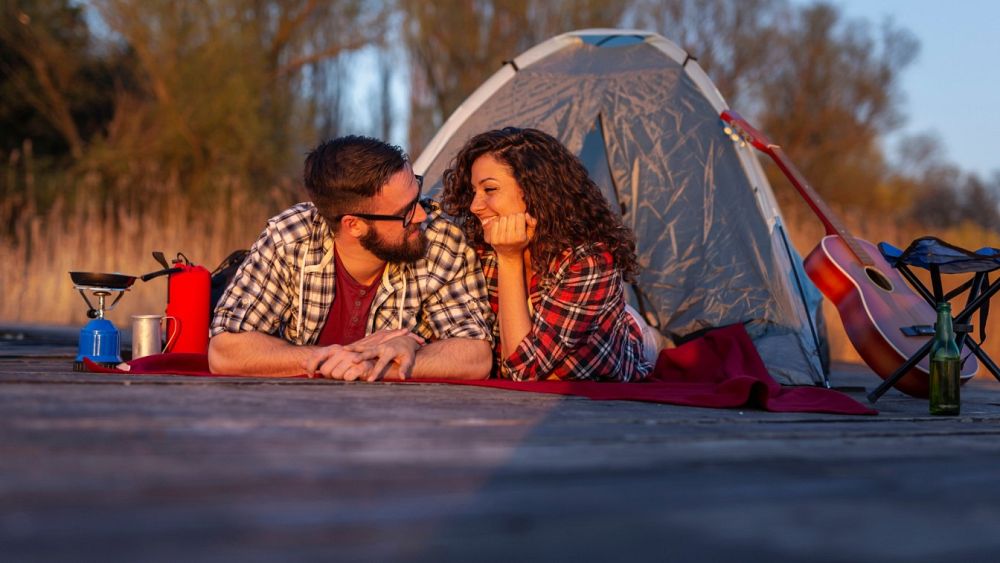With borders finally reopening and restrictions lifting, 2022 has been a bumper year for travel.
But things are not as they were. After months of lockdowns, we emerged cautiously, seeking contactless escapes. As confidence grew, we found new and more meaningful ways of connecting with our loved ones and the world around us.
The rise of remote work gave us more freedom to travel than ever before. And the environmental gains made while we were locked away led us to seek more sustainable modes of travel.
All this change demanded new vocabulary to define it. Here are 9 travel words that defined 2022.
9. Eduvacation
If you tire of lazing on the beach after 10 minutes, this one's for you: eduvacations are getaways that are all about learning new things.
Hotels are increasingly getting in on the trend by offering educational programmes for guests charting culture, eco living and mindfulness.
Whether you’re a parent looking for a more meaningful family escape or just a curious traveller seeking inspiration, an eduvacation could be just what you need to recharge.
8. Gamping
With the rising cost of living across Europe, more holidaymakers are turning to camping instead of splashing out on hotels. Can’t afford a pitch? Enter ‘gamping’, the COVID-era trend of garden camping.
Paying to stay in someone’s garden or field could land you cheaper prices, more privacy and closer encounters with nature. What’s not to like?
7. Revenge travel
As lockdowns lifted, 2022 saw a new phenomenon of COVID-19 induced ‘revenge travel’ as people scrambled to make up for lost time.
With the pandemic preventing people from taking their usual summer break, many were keen to revive their cancelled holidays or take that once in a lifetime trip they’d always dreamed of.
6. Silver nomads
The emergence of remote work in 2022 brought digital nomadism into the mainstream. No longer a niche for borderless tech workers seeking winter sun, the nomadic lifestyle is being adopted by retirees.
Searches for the “best country to retire to from the UK” rose by more than 90 per cent in the last 12 months. This reflects an increasing desire for older people to move in search of a better quality of life.
5. Hometel
Hotels are a given and we all know about Airbnbs, but what about hometels? Coined by sustainable, London-based brand room2, the word describes a stay that offers the comfort and flexibility of home whilst offering the best bits of a hotel.
4. Hutlife
While vanlife ruled the roads in 2021, hutlife took over in 2022. During the pandemic, we all became more isolated - and many travellers want to keep it that way.
Congested hotels or cramped shared bathrooms on campsites? No, thank you. Cosy, self-contained cabins are where it’s at if you want a low budget, no touch escape.
3. Queenagers
50 going on 15? Women between 45 and 65 who are living their best lives have a new nickname: queenagers. And with freedom and spending power on their side, they’re becoming a key target in the travel market.
2022 has been the year of solo female travel, with many women taking to the road after feeling the isolation of the pandemic.
2. Micromobility
From e-bikes to e-scooters to e-sleds, motorised personal transport is taking over cities and destinations across the world. More and more travel agencies are also offering electric bike escapes, allowing outdoor exploration without the gym bunny prerequisite.
1. Nature positive travel
Nature positive travel is set to take over in 2023 as holidaymakers seek ways to reduce and reverse their environmental impact.
As an industry highly dependent on the wonders of nature, travel has a vested interest in keeping destinations pristine for future generations. An increasing number of net zero hotels and regenerative activities are cropping up to meet this challenge.


